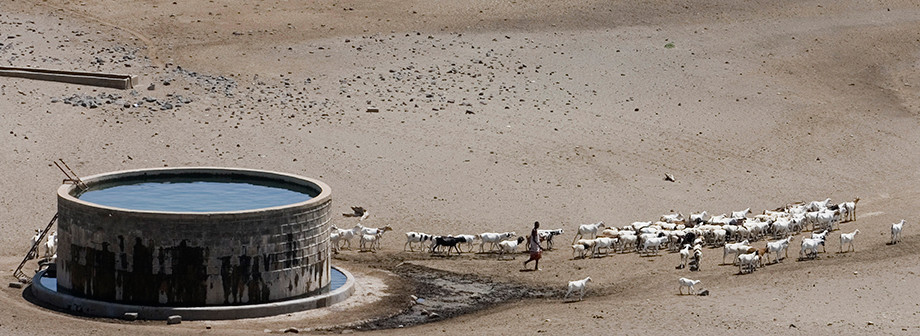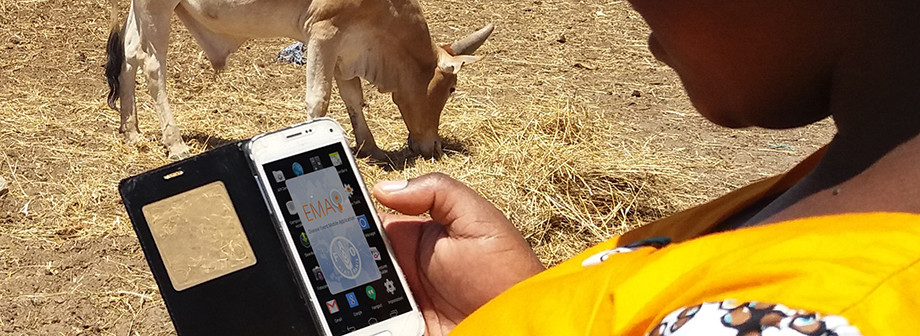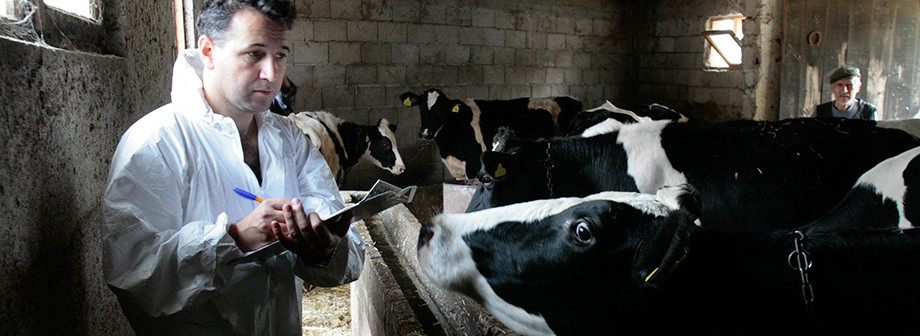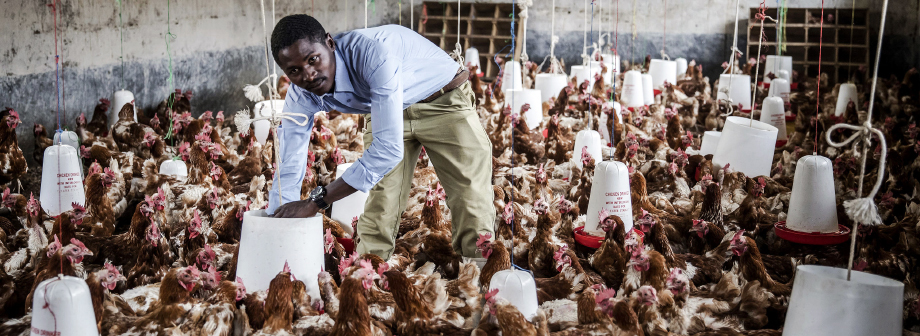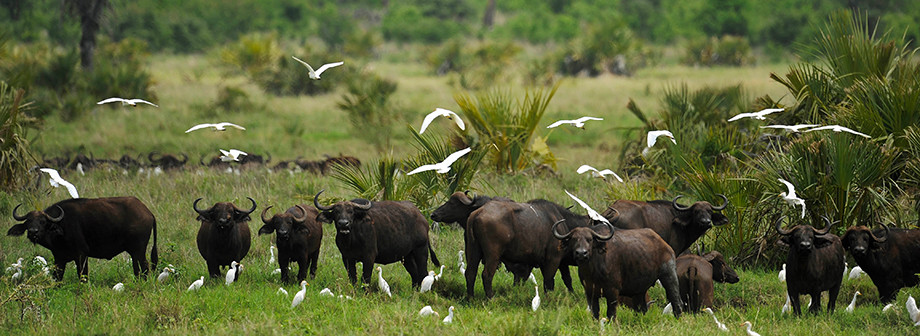FAO's role in animal health
The link between human and animal populations, and the surrounding environment, is particularly close in developing regions where animals provide transportation, draught power, fuel, clothing, high-quality proteins (meat, eggs and milk) and source of income. Therefore, animal health is a core element for sustainable development and livestock production.
As changes in livestock production increase the potential for new pathogens to emerge, grow and spread from animals to humans, healthy animals are closely related to healthy people and a healthy environment. Through the One Health approach, FAO contributes to improving animal health to make livestock production more productive and sustainable while achieving optimal health for all at the human-animal-environment interface.
Areas of work
Highlights

publications
Global technical consultation on the strategic framework for early warning of animal health threats – Rome, Italy, 6–8 November 2023
This report summarizes the main discussions and conclusions of the global technical consultation organized by FAO for the development of a strategic framework for early warning of animal health threats.
-in-brief.png?sfvrsn=c4055053_1)
publications
Global strategy for the prevention and control of high pathogenic avian influenza (2024–2033). In brief
This four-pager document provides a high-level strategic direction to support and inform the development and/or revision of national and regional action plans for HPAI prevention and control.

news
VLC voices: Empowering women's leadership in One Health — insights from West Africa
Nafinatu Abdullahi, Veterinary Paraprofessional Training Specialist at FAO Nigeria, reflects on the importance of empowering women in leadership roles to address challenges and drive progress in community health and gender equality in the country.
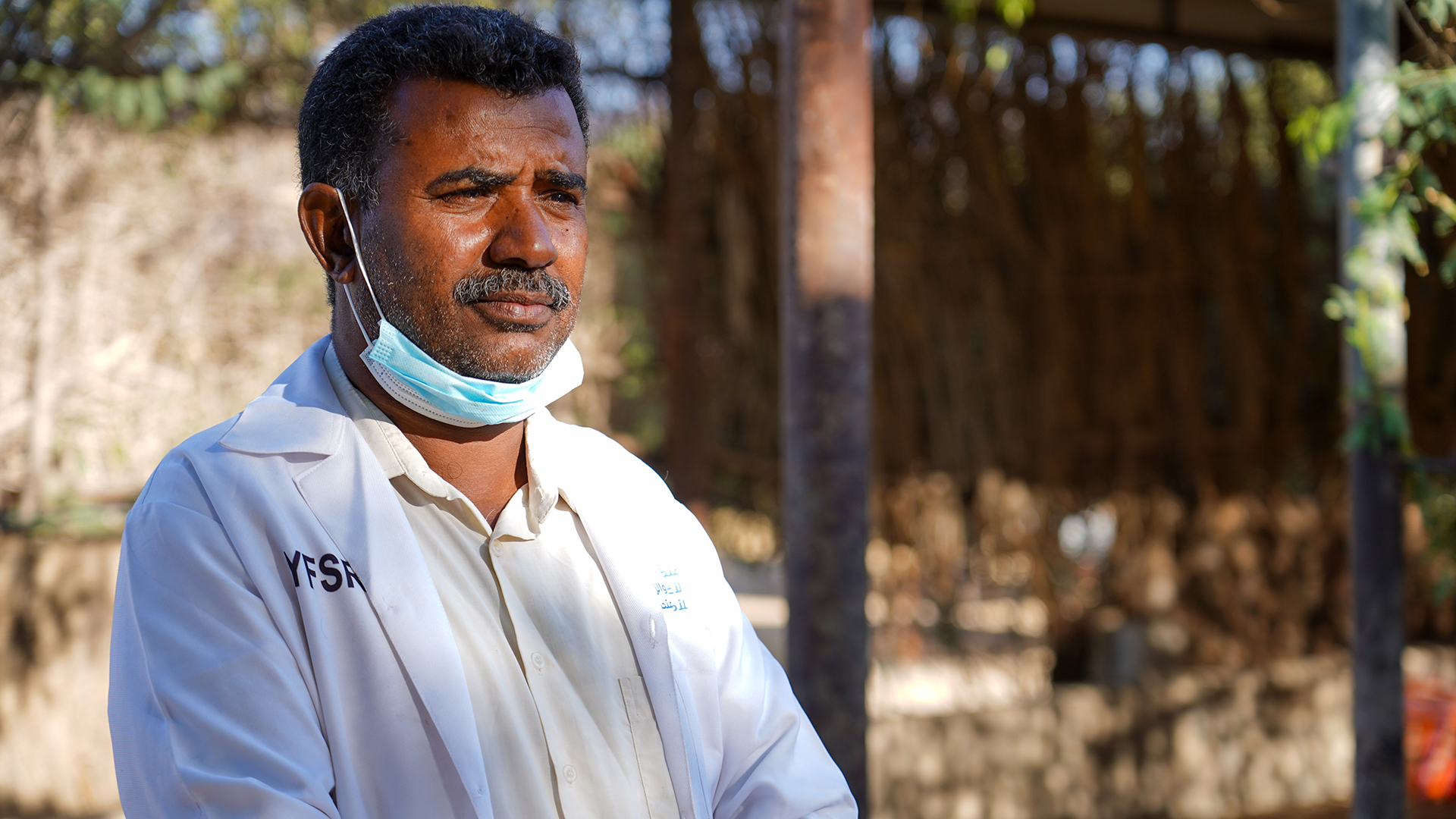
stories
Fighting animal diseases in Yemen
Tariq Al-Haidari is one of 200 community animal health workers trained by the Food and Agriculture Organization of the United Nations through a project funded by the World Bank.
.jpg?sfvrsn=521f73fe_11)
programmes
Programme Against African Trypanosomosis (PAAT)
African trypanosomosis is a lethal parasitic disease caused by single-celled organisms transmitted by blood-sucking tsetse flies. The disease affects both humans (sleeping sickness) and livestock (nagana).
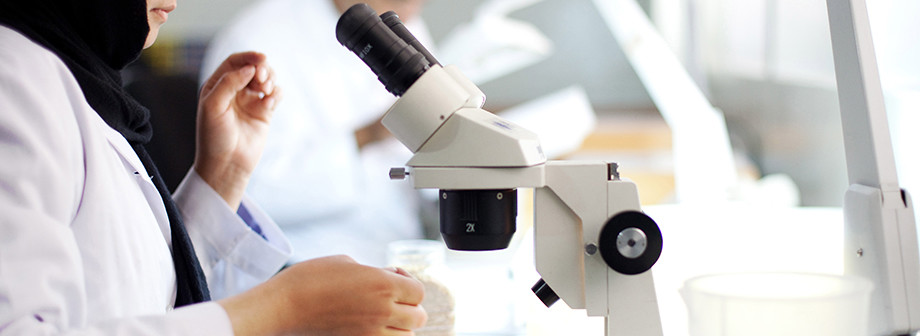
In focus
FAO Reference Centres
The FAO Reference Centres for animal health are institutions designated by the Director-General to provide specific and technical device and services to FAO Member Countries on issues related to FAO’s mandate.
Events
23/ 9
2024
25/9
2024
FAO Global Conference on Animal Health Innovation, Reference Centres and Vaccines
23/09/2024 - 25/09/2024
This conference will provide a forum for FAO Members to discuss major challenges and priorities in animal health and One Health. With the active participation of reference centres, vaccine developers and producers, veterinary laboratories, research institutions, and development partners, it will serve as a collaborative platform to develop targeted solutions, foster innovation to tackle global ...
10/ 7
2024
OFFLU Avian Influenza Matching (AIM) for Poultry Vaccines
Virtual Event, 10/07/2024
The WOAH/FAO Network of Expertise on Animal Influenza (OFFLU) is organizing a webinar on the Avian Influenza Matching (AIM) for Poultry Vaccines on 10 July. The event will introduce the OFFLU AIM project, provide a technical overview, discuss its limitations, and establish a feedback forum for stakeholders...
Videos
How climate change affects animal health
10/07/2023
Livestock play a vital role in our diets, providing 33% of high-quality protein and 17% of our dietary calories globally. However, climate change is...
Working together to eradicate Peste des Petits Ruminants
10/01/2020
This video explains what Peste des Petits Ruminants is, how it affects sheep and goats, its potential impact on farmers’ livelihoods and incomes, and...
Global disease intelligence and tracking through FAO EMPRES-i+
10/01/2022
EMPRES-i+ is FAO’s new global animal disease information system that aims to improve intelligence, forecasting and early warning, enabling countries...

